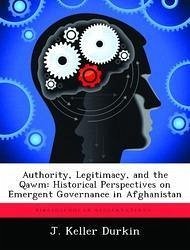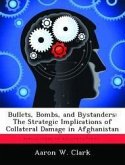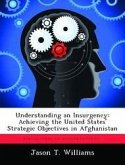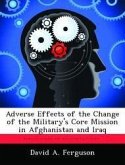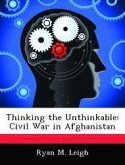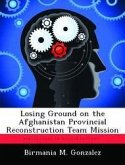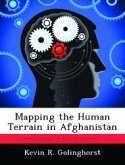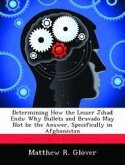The present situation in Afghanistan is not being resolved by the current U.S. strategic approach. Given the recent uptick in insurgent violence, the shift in emphasis with regards to Afghanistan, and the change in presidential administrations, the United States has arrived at a critical crossroads regarding its strategic approach to Afghanistan. The gravity of the situation warrants an in-depth look at the context of Afghanistan to properly frame the problem for decision makers and strategic planners. This monograph fills a portion of the gap in contextual knowledge on Afghanistan needed to inform that examination. In order to focus the study, the monograph considers two evaluation criteria--ethnolinguistic groups and social structures--and two periods--the beginning of the Durrani Dynasty and the Great Game. It analyzes the historical emergence of central governance in Afghanistan and clarifies the propensity of the Afghan populace to respond to external authority and foreign intervention. This work references a myriad of sources from history, anthropology, and political science from 1816 to the present day to reach its conclusions. The analysis highlights findings in two general areas. The first is Afghan identity. Afghanistan's diverse population is poorly characterized in the superficial and reductionist analysis that is predominately applied. In short, there is no "average" Afghan, despite the attempts to lump the population into neatly defined categories. Each Afghan identifies with one or more qawms, a social organization or identity group. The term is poorly understood, but essential in understanding the complex dynamics of interaction among the disparate Afghan communities. The second area is Afghan power structure. The current approach to establishing centralized governance in Afghanistan opposes the traditional power and authority mechanisms.
Hinweis: Dieser Artikel kann nur an eine deutsche Lieferadresse ausgeliefert werden.
Hinweis: Dieser Artikel kann nur an eine deutsche Lieferadresse ausgeliefert werden.

